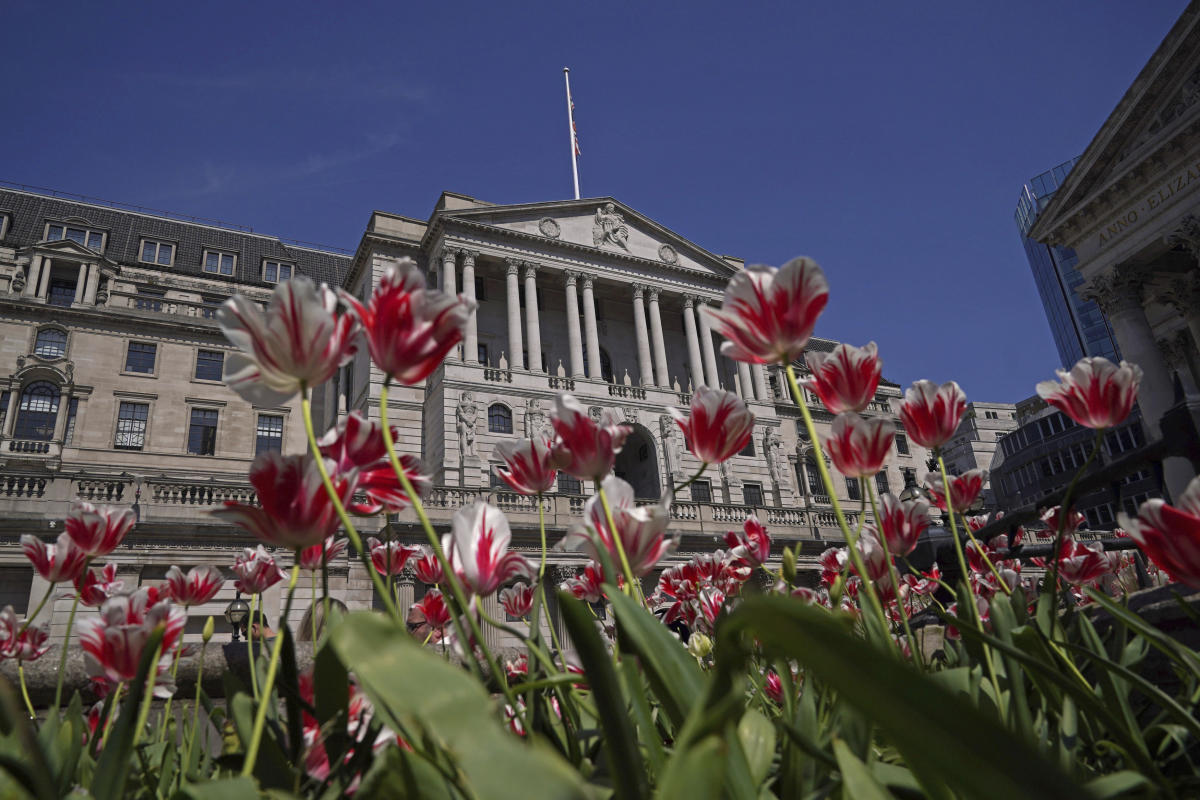The decline in public investment has resulted in a fiscal “savings” of $124.7 billion, which is about a quarter of the cuts made to retirements and pensions during the same period. This reduction in capital spending represents a real decrease of 83.4%, adjusted for inflation, in funds allocated by the Ministry of Economy for infrastructure projects such as transportation and housing.
This decline in public investment not only affects infrastructure projects but also has ripple effects on economic growth, job creation, and overall quality of life. The current government’s focus on austerity measures and budget cuts has raised questions about the sustainability of this approach and its impact on key sectors like manufacturing and construction.
The lack of public investment has led to a struggling economy that is in need of stimulus. While government officials emphasize their commitment to fiscal responsibility, critics argue that public investment is crucial for sustainable economic growth and well-being. As the government continues its austerity measures, many are concerned about the long-term consequences of neglecting public investment. The balance between fiscal restraint and economic development remains a central issue in the current economic landscape of Argentina.


